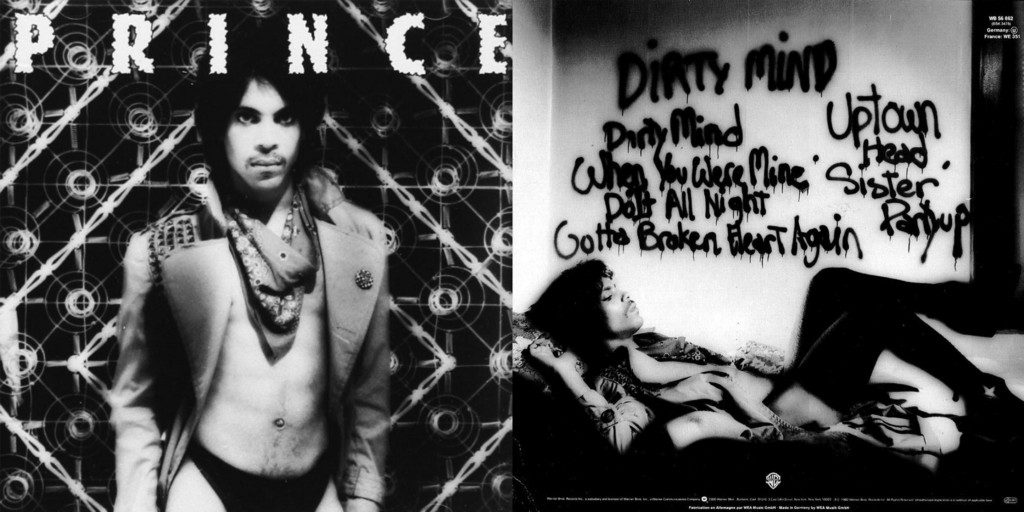When You Were Mine

When Prince signed to Warner Bros. Records in 1977 at age 19, his contract not only called for an unusual degree of creative control — he was to write, produce, and play every instrument on his recordings, à la Stevie Wonder — but also explicitly stated that he be part of the label’s pop roster, not its R&B; one. This distinction would shape the entirety of his career to come.
His first album, 1978’s For You, was all falsetto and ambition. His grasp was sure, but the material wasn’t quite there yet. Even so, the song “Soft and Wet” raised a few eyebrows: Stevie may have been a 12-year-old genius, but Prince was a teenage prodigy delivering an ode to pussy. The track’s canny combination of coy lyrics, tricky drumming, and layered harmonies served notice: not only could the kid play and sing, he could hear.
A year later, everything changed. Critic Chris Herrington once called 1979’s Prince the greatest teen-pop album ever made, and it’s difficult to argue the point (though “Bambi”, in which a crazed-sounding Prince tells a woman he wants to sleep with to renounce her lesbianism over a heavy guitar solo, is not quite high-school fare). “I Wanna Be Your Lover” crossed him over to pop and led to an infamous “American Bandstand”appearance in which he fucked with host Dick Clark by refusing to speak, instead holding fingers up to indicate numbers and smirking the whole time. Prince’s persona was that of the Avenging Geek — with the proviso that he would be much more capable in bed, since that was pretty much all he sang about.
I used to love hearing stories about the years Prince lived in one of Toronto’s wealthiest neighborhoods; there was the one about him shopping at a 24-hour grocery store at 4 a.m., slipping in between the produce sections only when he thought no one would notice. Another story was from a waiter who was working at a restaurant where Prince was eating. I don’t think he was even serving Prince?! But anyway, Prince called him over and told this waiter that he “liked his style,” and then just…slid him a ten dollar bill. As a tip. For having good style.
Prince has always been one of those public figures who lends themselves well to legends. The cover story in the upcoming issue of The Pitchfork Review contributes to the legends: Prince as a prodigy, Prince as a genius, Prince as an unapologetic pervert. It’s great. Read the whole piece here.